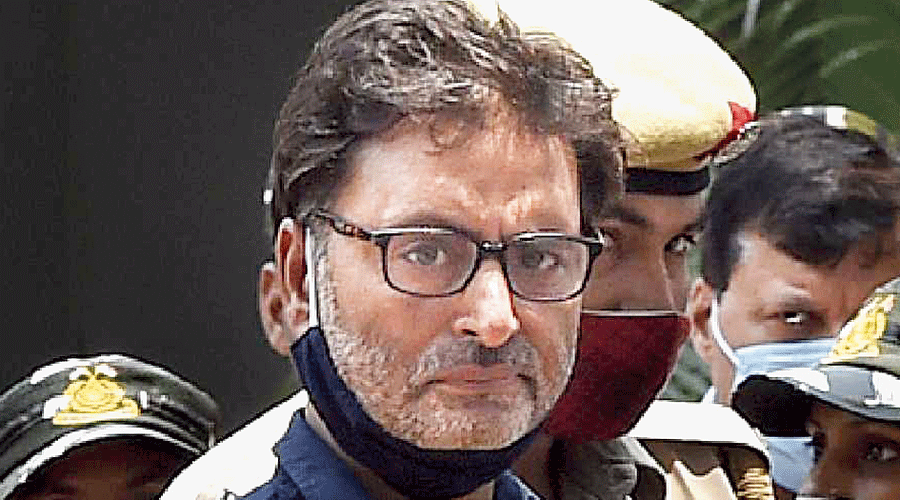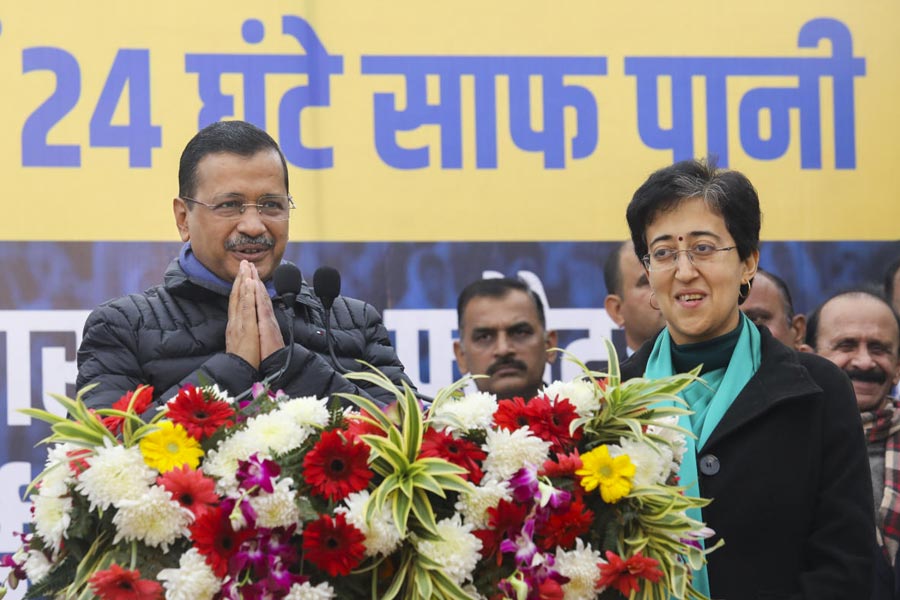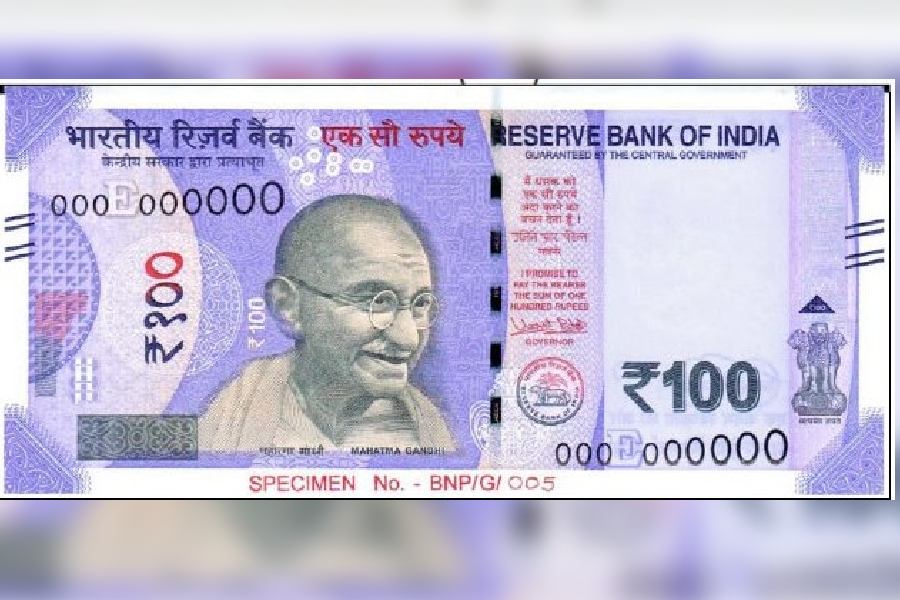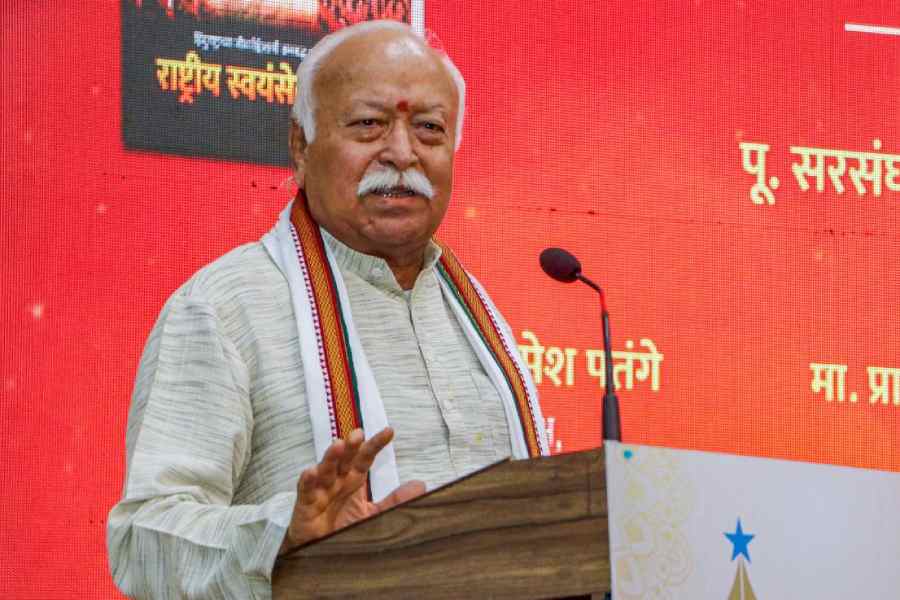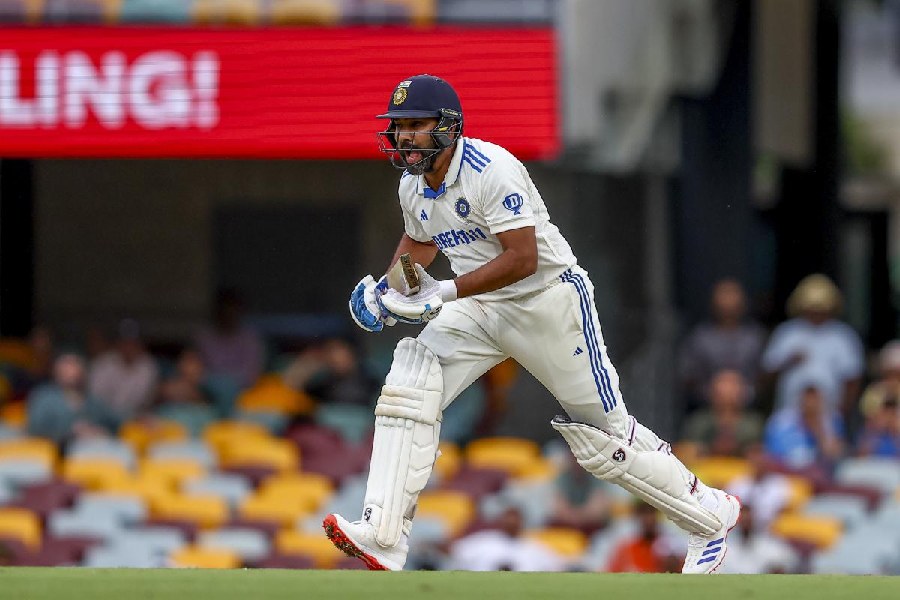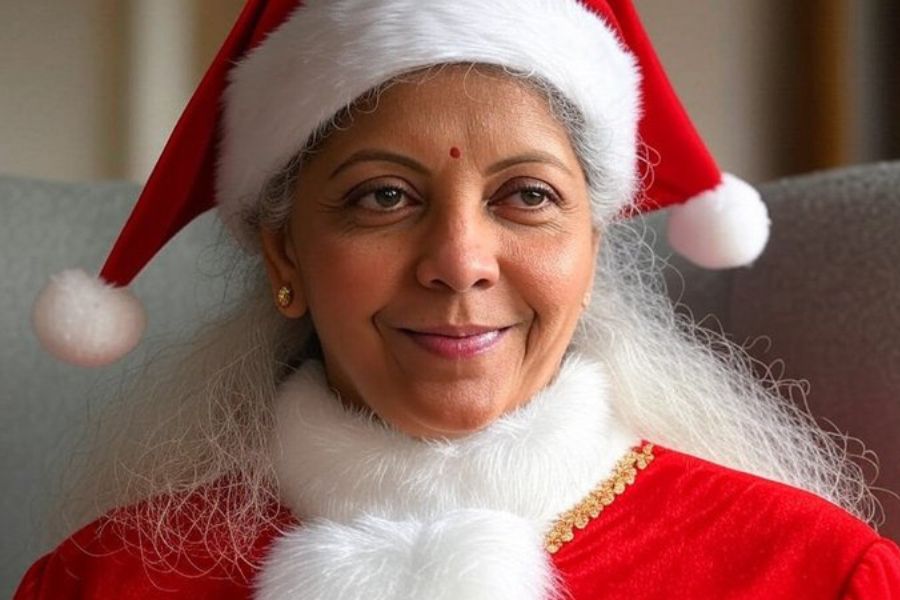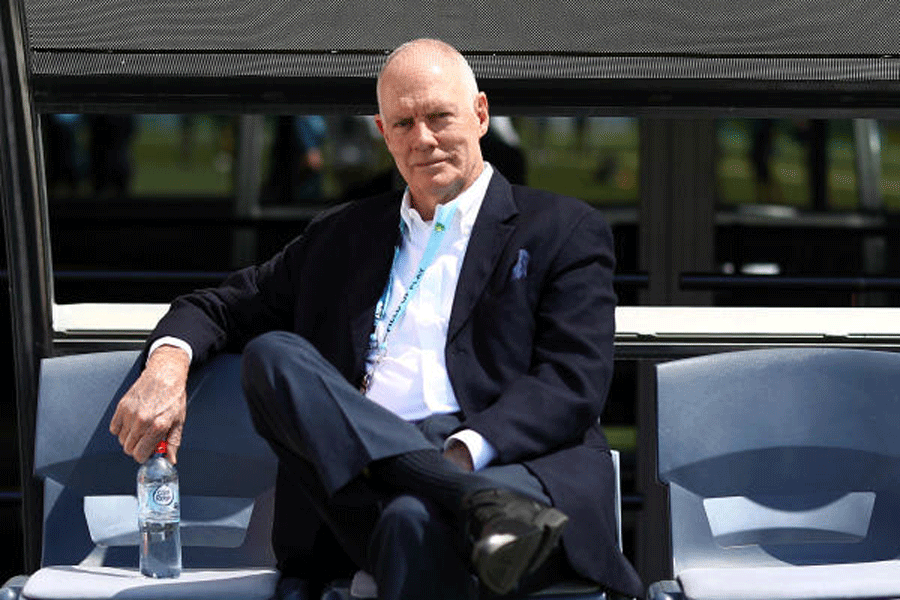Jammu and Kashmir Liberation Front chairman Mohammad Yasin Malik was on Friday purported to have begun a “fast unto death” in Tihar jail against alleged violent State oppression in Kashmir, his family here said.
Malik’s mother Atiqa Begum and sister Abida Malik released what they called his “will” before the media in Srinagar, citing the reasons behind the hunger strike. The “will” had been purportedly handed over to them by Malik during their July 19 visit to the prison.
Abida said they pleaded before Malik not to go on a hunger strike but he did not listen. The family said they had had “no access” to Malik since but believed he might have begun the hunger strike. The central government has not reacted to the claims, which could not be independently confirmed. The Tihar authorities refused to comment.
Pakistan Prime Minister Shehbaz Sharif on Friday lent his support to the incarcerated separatist leader and criticised Delhi for what he said was “persecution”.
“The continued persecution of Hurriyat leader Yasin Malik by India is part of a plan to deprive Kashmiris of their representative voices. From fabricated cases to sham trial, impunity with which India is violating human rights of political workers should alarm rights defenders,” Sharif tweeted.
Malik’s purported move has come weeks after he was sentenced to life by an NIA court in Delhi in a 2016 “terror-funding case”.
Malik’s troubles got compounded after Rubaiya Sayeed, daughter of then Union home minister Mufti Mohammad Sayeed, last week identified him as one of those who kidnapped her in 1989.
The identification was done before a special court in Jammu last week.
In the eight-page “will” purportedly penned by Malik, he has given details of his transition from a “non-violent activist” for azaadi (freedom) in 1986 to picking up arms in 1988 and his return to non-violent methods in 1994. He and some of his colleagues had started the armed struggle in Kashmir.
Malik apparently said he remained committed to the “non-violent” freedom struggle and was convinced it would emerge as a more “powerful force”.
“For me, the challenge has always been to find creative ways of carving out non-violent struggle in the face of violent state oppression, violence fixated news media. Therefore, having complete faith in the non-violent institution, I have decided to go in the fasting to death from 22 July 2022,” the purported “will” in English states.
The JKLF chairman, who is pleading his own cases, recalled how he was “pressed” to started a “non-violent” struggle in 1994 while in jail by people in power at the Centre, and US and British diplomats on the condition that Delhi would allow a “genuine political space” and resolve the Kashmir issue “through meaningful dialogue”.
After his release in 1994, Malik renounced violence by announcing a ceasefire and recalled how he was “publicly declared a traitor” in Kashmir for doing so.
He said the cases under Tada against him and his colleagues were not pursued by governments led by P.V. Narasimha Rao, H.D. Deve Gowda, I.K. Gujral, Atal Bihari Vajpayee, Manmohan Singh and Narendra Modi in his first term.
“They all followed the letter and spirit of ceasefire in good spirit. But suddenly the present dispensation in its second term has started trial of 32 year old TADA related militancy cases, which is against the very spirit, essence and genesis of ceasefire agreement,” the “will” reads.
After 1994, Malik said, he never supported militancy openly or clandestinely.
and recalled how current national security adviser Ajit Doval had in 2000 — when the officer was a special director, IB — facilitated his meeting with IB director Shylam Dutta and Vajpayee’s adviser Brijesh Mishra. In 2000, Vajpayee had declared the unilateral Ramazan ceasefire.
Malik said he would retire from politics if any militancy-related case against him was proved after he gave up violence.
The JKLF leader said that while the government had re-started trials in old Tada cases, he was denied a fair trial. He said he was himself a pleader in these cases “despite being arrayed as an accused”.
Malik said the prosecution witnesses were being summoned in those cases but his statements were recorded through videoconference. He called this “malicious and vindictive persecution”.
The separatist leader said that under the law, all evidence is to be recorded in the presence of the accused.
Malik claimed that a vilification campaign was also underway — apparently referring to the film The Kashmir Files — where he was being falsely accused of being behind the Pandit migration while all these years he had hosted Sankaracharyas at his Srinagar home and held a meeting with the RSS brass in 2011 that was organised by the think tank Centre for Dialogue and Reconciliation.
A special Tada court last year framed charges against Malik and six others in a 31-year-old case of gunning down IAF personnel on the outskirts of Srinagar and abduction of Rubayya.

